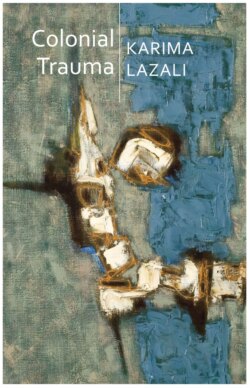Читать книгу Colonial Trauma - Karima Lazali - Страница 10
Notes
Оглавление1 1 In this connection, I quote from my book El trabajo del testigo. Testimonio y experiencia traumática (2016): “Jean-François Lyotard wondered whether it was the historian’s task to attend not only to the damage of history, but also to the destruction of its documents. … Here there is a painful analogy with the disappeared in Argentina (where to disappear a person was also ‘to kill death,’ as Gilou García Reinoso wrote in 1986), who leave their traces in testimony as ‘disappeared’ and not only as ‘dead,’ perhaps without the law’s being able to ask after this distinction” (p. 88).
2 2 Translator’s Note: I have used the gender-neutral “it” to refer to “the subject” throughout this foreword, both to convey the general nature of this category and to preserve the genderlessness of the possessive pronoun in Spanish.
3 3 The work of Silvia Bleichmar (an Argentine psychoanalyst who died prematurely in 2007) has been translated into French and Portuguese but is not well known in the English-speaking world. Bleichmar’s prolific work has been foundational in the Southern Cone, both because of its approach to the processes involved in the subject’s constitution and because of its construction of a metapsychology that sheds light on the interconnections between the political and the subjective, without losing sight of an ethical dimension that is constitutive for the subject.
4 4 Many psychoanalysts in Argentina, myself included, have engaged with the work of the French psychoanalyst Piera Aulagnier, not only in an effort to give an account of the constitutive matrix of the infant, but also as part of the work of thinking through the subjective effects of political phenomena. This means questioning our own practice and our ties to psychoanalytic institutions.
